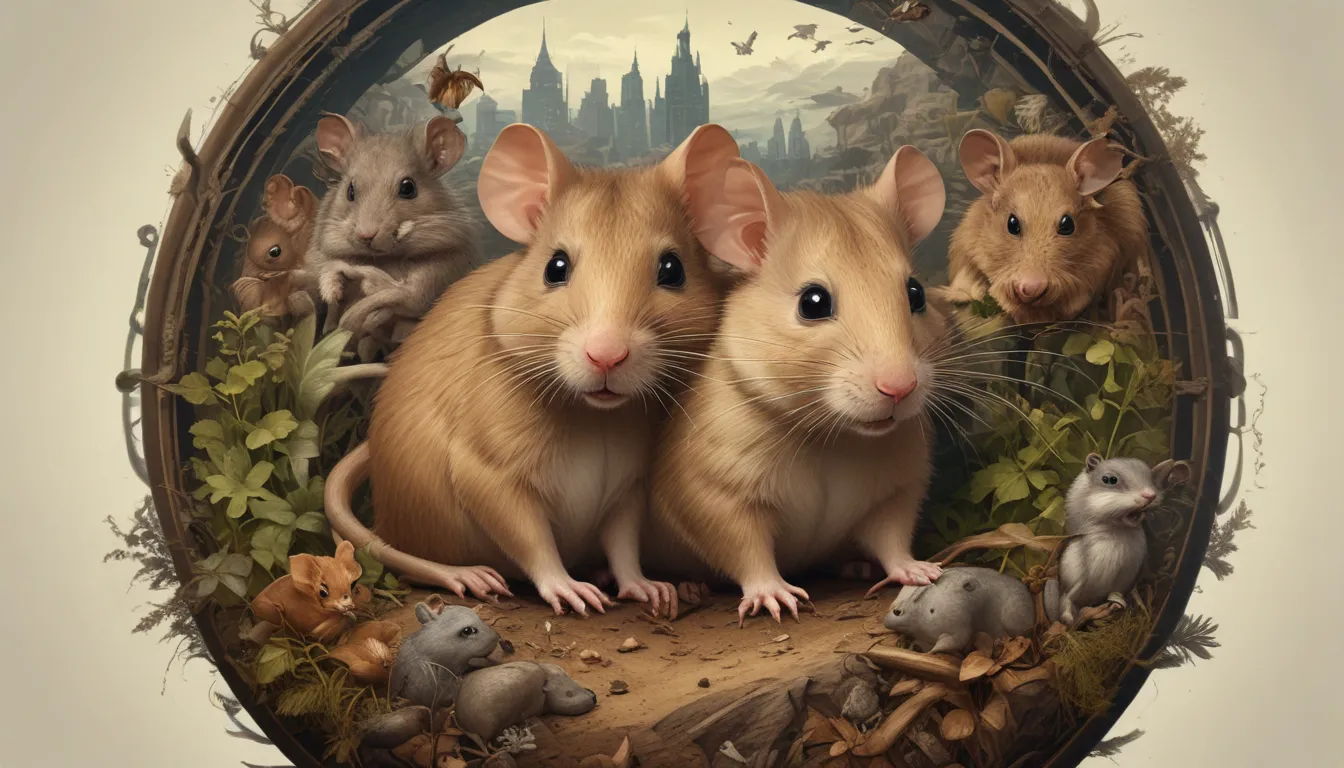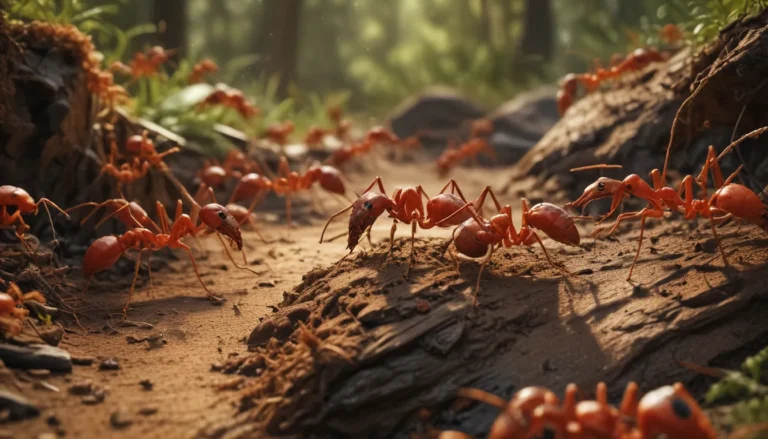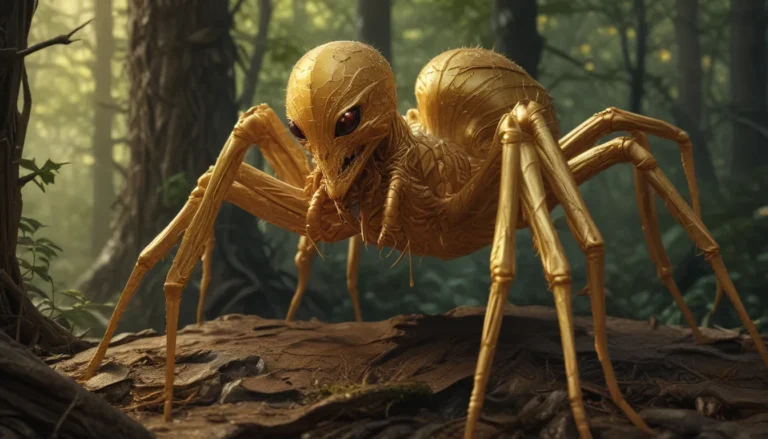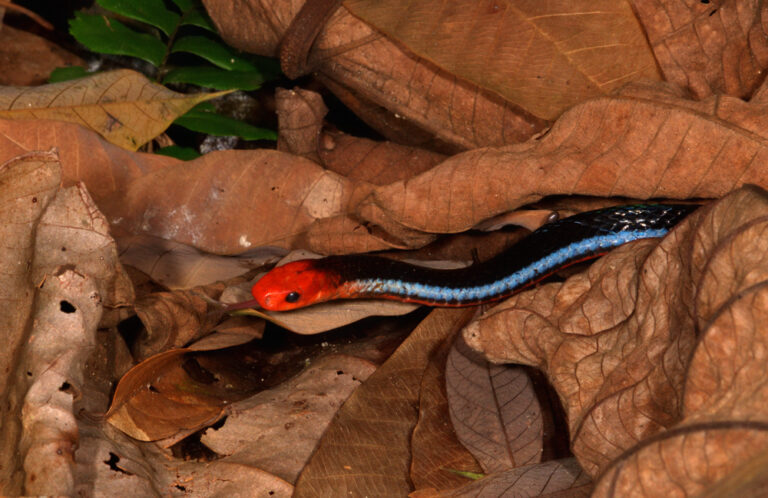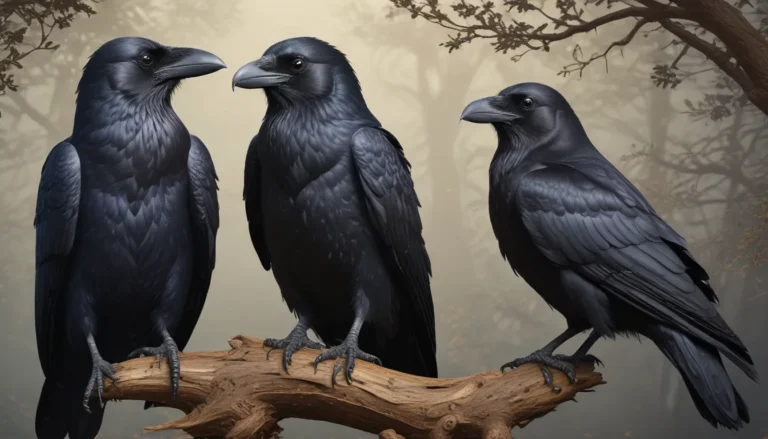The pictures we use in our articles might not show exactly what the words say. We choose these pictures to make you interested in reading more. The pictures work together with the words but don’t take their place. The words still tell you the important facts.
Rodents are not just small mammals that scurry around our homes or fields; they are an integral part of ecosystems worldwide. With over 2,000 species identified so far, rodents are a diverse and fascinating group of animals that have adapted to various environments and thrived alongside humans for centuries. From their exceptional abilities to their vital ecological roles, there is so much to learn about these small but mighty creatures.
Understanding Rodents: The Basics
Rodents belong to the order Rodentia, which is the largest group of mammals characterized by continuously growing incisor teeth. These adaptable creatures have managed to colonize almost every corner of the globe, with over 2,200 species found on almost every continent except Antarctica. Rodents play crucial roles in ecosystems as prey, seed dispersers, and builders, contributing to the delicate balance of predator-prey relationships and promoting plant diversity.
Dive Deeper into the World of Rodents
- Rodents' Adaptability: Rodents have excellent gnawing abilities thanks to their ever-growing incisors, allowing them to gnaw through wood, plastic, and even concrete.
- Rodents' Unique Abilities: Some rodents, like rats and mice, are intelligent and can even be trained, while others, like beavers and squirrels, have impressive construction and balancing skills.
- Rodents Through History: Fossil records show that rodents have been present on Earth for over 60 million years, showcasing their resilience and adaptability over time.
The Intriguing Characteristics of Rodents
- Intelligence and Problem-Solving Skills: Rats are extremely intelligent animals capable of learning tricks, solving puzzles, and even recognizing their own names.
- Exceptional Senses: Mice have an exceptional sense of smell, allowing them to track scents over long distances and navigate their surroundings effectively.
- Reproductive Abilities: Rodents have a rapid reproductive cycle, with some species capable of reproducing every few weeks, leading to large populations in a short period of time.
The Role of Rodents in Ecosystems
- Ecological Contributions: Rodents serve as prey for many predators and act as seed dispersers, helping with plant reproduction and maintaining ecosystem balance.
- Construction Skills: Beavers are expert builders, constructing elaborate dams and lodges using branches and mud to create their own watery habitats.
- Balancing Acts: Squirrels have excellent balancing skills, enabling them to navigate tree branches and electrical wires with great agility.
Rodents as Pets and Companions
- Popular Pet Choices: Guinea pigs are gentle, social animals that make great companions for both children and adults, showcasing the versatility and companionship that rodents can offer.
- Diverse Feeding Habits: Rodents exhibit diverse feeding habits, with some being strict herbivores, others omnivorous, and some even carnivorous, highlighting their adaptability to various diets.
The Capybara: A Remarkable Rodent
- The Largest Rodent: The capybara holds the title of the largest rodent in the world, weighing up to 150 pounds and native to South America, showcasing the diverse sizes and adaptations within the rodent family.
- Unique Features: Rodents have remarkable teeth that never stop growing but can be worn down by constant gnawing on hard surfaces, demonstrating their adaptation to specialized teeth for their diet and lifestyle.
Appreciating Rodents for Their Uniqueness
Rodents are fascinating creatures that play important roles in various ecosystems. Whether you admire their intelligence, agility, or remarkable teeth, there is no denying their significance in the animal kingdom. Understanding their behavior, habitats, and characteristics can help us coexist with them and appreciate their unique contributions. So the next time you come across a squirrel or a mouse, take a moment to appreciate the incredible adaptability and resilience of these remarkable creatures.
Frequently Asked Questions
- Q: How can I prevent rodents from entering my home?
- A: To prevent rodents from entering your home, make sure to seal any cracks or openings, keep your living space clean, and store food in airtight containers.
- Q: Are all rodents destructive pests?
- A: While some rodents may cause damage, not all rodents are destructive pests and play vital roles in ecosystems.
- Q: Can rodents carry diseases?
- A: Yes, rodents can carry diseases, so it's crucial to take precautions when dealing with them.
- Q: How long do rodents typically live?
- A: The lifespan of rodents varies by species, with mice living up to 2 years and rats up to 3 years.
- Q: Can rodents be kept as pets?
- A: Yes, certain rodents like hamsters and guinea pigs can be kept as pets, but it's essential to understand their specific care needs.
Rodents' adaptability and diverse species make them fascinating creatures with valuable roles in ecosystems. Whether you're interested in keeping rodents as pets or learning more about their behaviors, there is always something new and exciting to discover about these small but mighty animals. Let's continue to explore and appreciate the incredible world of rodents together.
